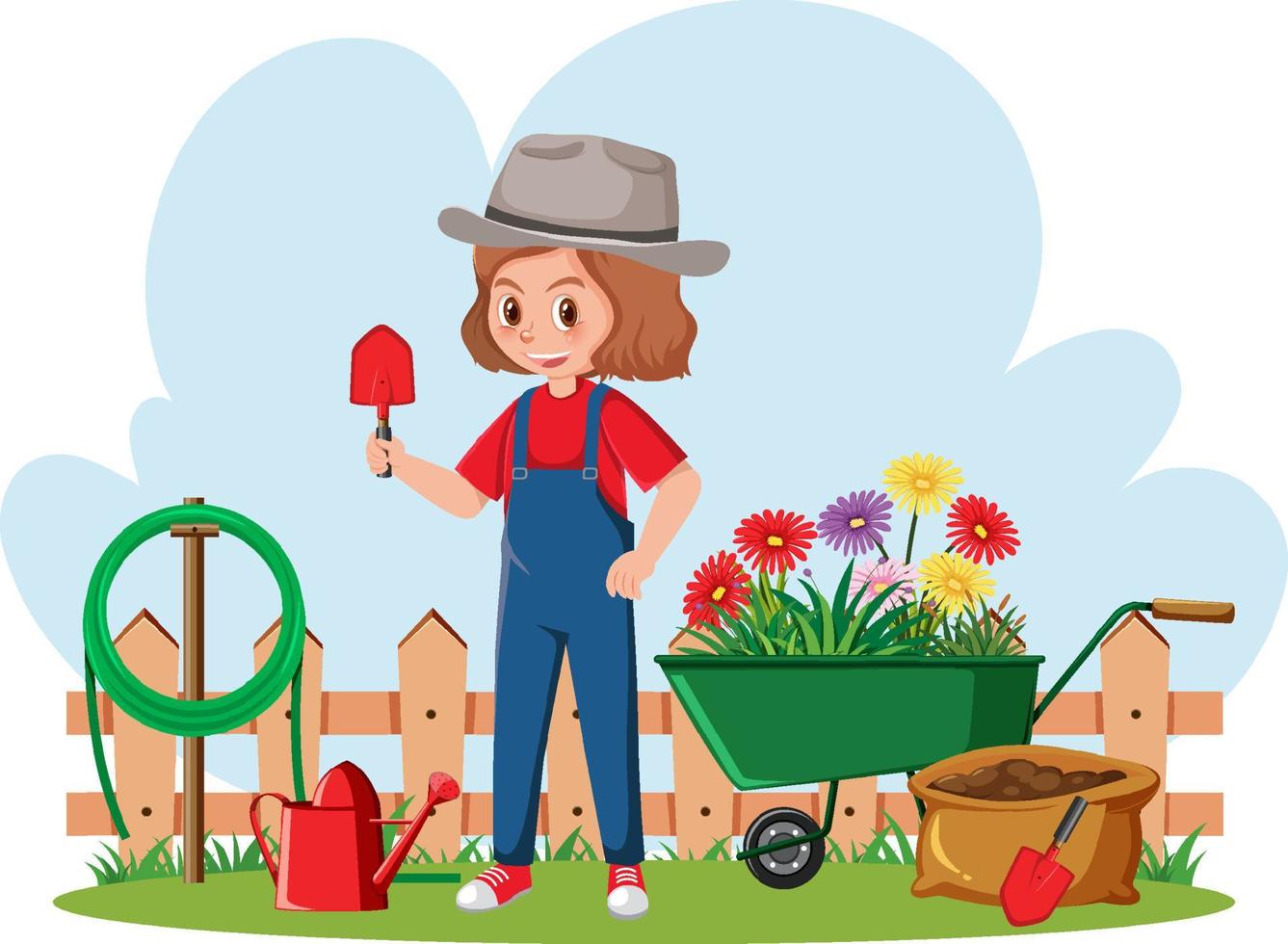Embark on Your Gardening Journey: Newbie Gardening Tips for Growing Success
Wiki Article
From Novice to Green Thumb: A Step-by-Step Journey With the Art of Gardening
:max_bytes(150000):strip_icc()/close-up-of-a-women-watering-vegetables-in-a-raised-bed-1407277094-c63fd1ff0a21406ebf17c51ac6c6f2d1.jpg)
Understanding Your Horticulture Area
To begin your horticulture trip, it is essential to recognize the special qualities and limitations of your horticulture space. Are there any type of details obstacles you may encounter, such as bad soil quality or minimal water availability? Recognizing these elements will help you make informed decisions about the kinds of plants that will flourish in your area.Think about the dimension of your horticulture location. You might require to concentrate on container gardening or vertical gardening to maximize your expanding area if you have a little area. On the other hand, if you have a big space, you have the luxury of growing a selection of plants and creating various areas within your garden.
Following, evaluate the quantity of sunshine your room gets. This will certainly identify which plants will flourish and which ones might have a hard time. If your room is shaded, you can select shade-loving plants like brushes or hostas. If your room receives full sun, you can expand a wide variety of plants, consisting of vegetables, blossoms, and herbs.
Finally, consider any difficulties or restrictions details to your space. You might need to modify it with compost or select plants that are tolerant of less-than-ideal problems if your soil high quality is poor. You can opt for drought-tolerant plants or implement water-saving techniques like mulching. if water is limited.
Choosing the Right Plant Kingdoms for Your Yard
Select plants that are well-suited to your garden's special conditions and your individual preferences. When choosing plants for your garden, it is vital to consider factors such as sunshine, soil type, and climate. Some plants prefer well-drained dirt, while others thrive in clay-like or damp soil.It's also worth considering the upkeep degree of the plants you pick. Some plants need even more treatment and interest, while others are a lot more low-maintenance.
Preparing the Dirt for Planting
Most plants like a somewhat acidic to neutral pH, around 6.0 to 7.0. Inadequately drained pipes soil can lead to waterlogged origins and various other plant health problems. By analyzing and making necessary amendments to your soil, you can produce an ideal setting for your plants to grow.Nurturing and Maintaining Your Garden
Make certain to water your plants deeply, permitting the water to penetrate the dirt www.newbiegardening.com/ and reach the origins. Normal weeding is likewise important to maintain your yard complimentary from undesirable plants that contend for nutrients and room. Frequently evaluate your plants for any type of indicators of infestation or health problem and take immediate action to protect against further damages.Troubleshooting Common Gardening Issues
To deal with common gardening concerns, begin by recognizing the problem and taking instant activity. One of the most usual issues gardeners deal with is parasites. If you discover eaten fallen leaves or plants that are wilting for no evident factor, you may have an insect problem. Evaluate your plants closely for indicators of insects or various other pests. If you find any type of, eliminate them manually or make use of organic pest control methods. Another typical issue is nutrition shortage. If your plants have actually yellow or blemished fallen leaves, they might not be obtaining sufficient nutrients. Think about fertilizing your soil or adding garden compost to boost its vitamins and mineral web content. Overwatering is an additional concern that can damage your plants. If you see water logged soil or wilting in spite of sufficient watering, you may be overwatering. Adjust your watering schedule accordingly and guarantee proper water drainage. Ultimately, condition can additionally influence your garden. If you see areas, mold, or unusual growth on your plants, it might be an indication of disease. Eliminate affected plants and deal with the staying ones with organic fungicides or chemicals. By immediately dealing with these common concerns, you can make sure the health and success of your yard.Verdict
Congratulations! You have efficiently finished the journey from newbie to environment-friendly thumb in the art of gardening. By comprehending your horticulture space, selecting the right plants, preparing the dirt, and supporting your garden, you have gotten over common gardening problems like a pro. Currently, armed with understanding and experience, you prepare to delight in the appeal and wealth of your flourishing yard. Maintain up the magnum opus and continue to cultivate your green thumb!
When selecting plants for your garden, it is vital to think about factors such as sunshine, soil kind, and climate. Some plants favor well-drained soil, while others thrive in clay-like or moist dirt (newbie gardening). By comprehending your horticulture area, picking the right plants, preparing the soil, and supporting your garden, you have actually conquered usual gardening concerns like a pro
Report this wiki page